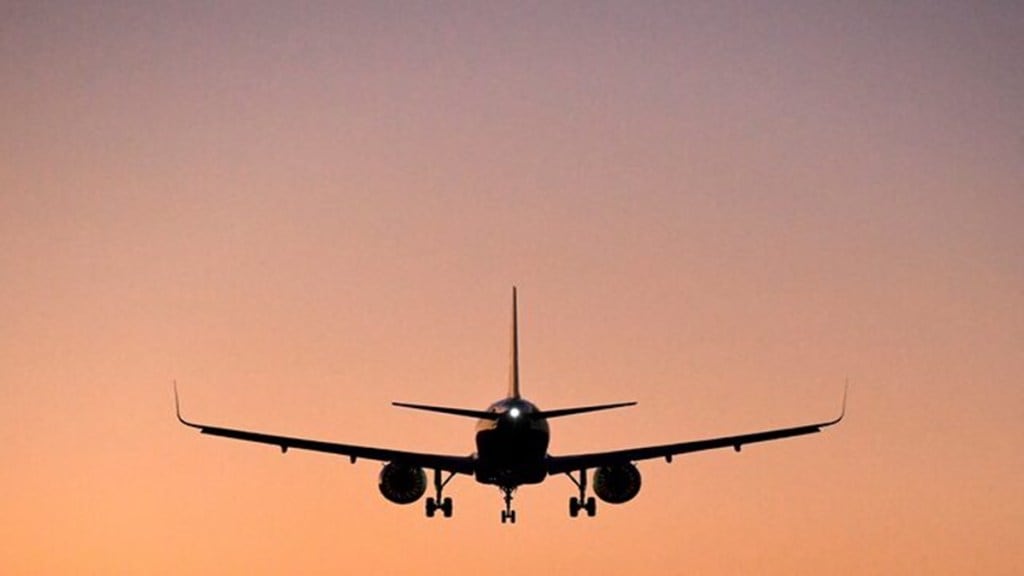The Directorate General of Civil Aviation (DGCA) will meet key stakeholders of Navi Mumbai International Airport (NMIAL) on Tuesday to assess the airport’s operational preparedness for obtaining an aerodrome licence.
A DGCA aerodrome licence is an official certification confirming that an airport meets all necessary safety, operational and infrastructural requirements to conduct air transport operations.
NMIAL, Adani Airport Holdings (AAHL), the City and Industrial Development Corporation of Maharashtra (Cidco), and representatives from the Airports Authority of India (AAI), are expected to attend the meeting. The Navi Mumbai Airport is managed by NMIAL, a joint venture between AAHL and Cidco.
Sources said that this meeting was prompted by the rejection of NMIAL’s aerodrome licence application, submitted in December 2024, due to non-compliance with regulatory guidelines.
Meanwhile, the DGCA has also received an application for an aerodrome licence from Noida International Airport. Yamuna International Airport (YIAPL), a wholly-owned subsidiary of Zurich Airport International AG, has applied for the licence, which is currently under review.
Both airports require DGCA certification to commence commercial operations. The submission of their applications signals that they are nearing operational readiness.
Both airports have successfully completed their first flight validation tests, which included technical assessments, takeoff, and landing manoeuvres on their respective runways. Validation flights — also known as proving flights — are a critical part of the certification process, ensuring compliance with safety, operational and reliability standards. Data collected during these tests will be reviewed by the DGCA as part of its evaluation. Regulatory approval for aerodrome licences typically takes up to 90 days.
Both airports have experienced delays in their commissioning. Similarly, Navi Mumbai International Airport has faced multiple delays. Most recently, the Adani Group stated that the airport is set for commissioning in April.
Both airports are crucial in decongesting existing air travel hubs and enhancing connectivity. NMIA’s first phase will accommodate over 20 million passengers annually, expanding to 90 million passengers and 2.5 million tonne cargo by 2032. Noida International Airport will initially serve 12 million passengers per year, with a future capacity of up to 70 million passengers.

